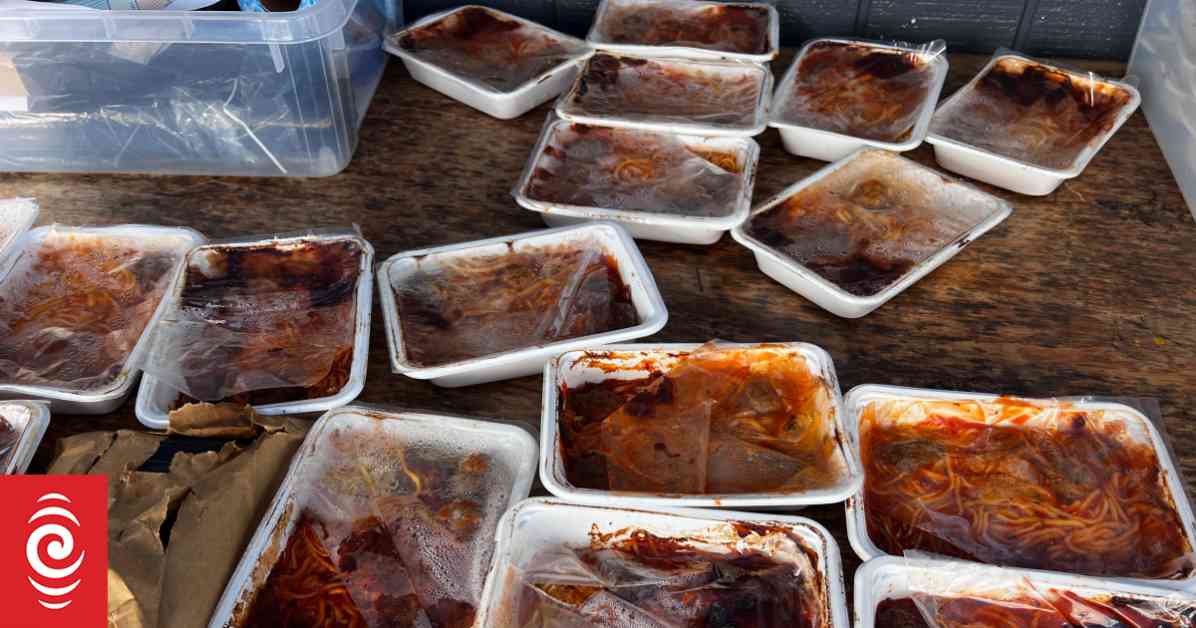Low Appetite: School Lunches Go Uneaten
At Massey Primary School in West Auckland, a routine that started with excitement for the students has now reached a point of frustration. The daily Pita Pit lunch deliveries, intended as a temporary solution as the government revamped its school lunch program, have left over 350 meals untouched. School administrator Karen, who liaises with the School Lunch Collective overseeing the revamped program, expressed her concern about the lack of communication and variety in the lunches received.
The Pita Pit delivery van arrives promptly at 9:30 am for the seventh consecutive day, signaling another round of chicken and beef wraps. Patricia, the school receptionist, spends a significant amount of time sorting the 517 lunches into containers for each classroom. The school has voiced concerns to the Ministry of Education about meals containing ham, unsuitable for its 50 halal students, resulting in additional expenses to provide alternative options.
Voices of the Students
Students at Massey Primary School have not been shy about sharing their dissatisfaction with the repetitive lunches. Year 8 students expressed their preference for hot meals, larger portions, and a desire for more variety reminiscent of the lunches served the previous year. Many students have chosen not to eat the wraps provided, opting instead to purchase ice blocks during lunchtime.
By the end of lunchtime, only 29 percent of the meals had been consumed, leaving a significant amount of waste. The new school lunch scheme has placed additional responsibilities on school staff, such as sorting, delivering, and cleaning up the lunches, impacting the school’s daily operations.
Challenges and Repercussions
The School Lunch Collective’s failure to meet delivery standards and address concerns raised by schools has drawn criticism from principals across Auckland. Massey Primary’s principal, Bruce Barnes, highlighted the lack of fresh components in the lunch scheme, emphasizing the inadequacy of a one-size-fits-all approach for students of varying ages. Additionally, reports of burnt and inedible meals delivered to schools in Whangārei have sparked outrage among educators and parents.
Schools like Whangārei Intermediate and Kamo Intermediate have been forced to seek alternative meal options due to incomplete or subpar deliveries. Principals have expressed concerns over the quality and nutritional value of the meals provided under the new program, citing a decline in student satisfaction compared to previous providers like Subway and Pita Pit.
In response to the mounting issues with the revamped school lunch program, the Ministry of Education and the School Lunch Collective have vowed to investigate the quality control concerns and address the delivery discrepancies. While assurances of reimbursement for alternative meals have been given, the impact on students’ well-being and school operations remains a key focus for educators and governing bodies.

















